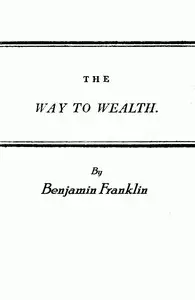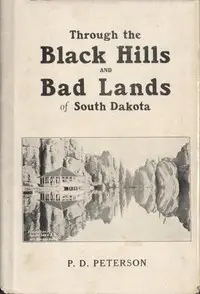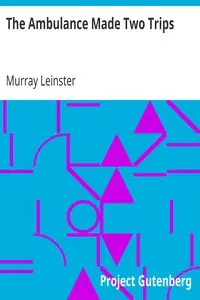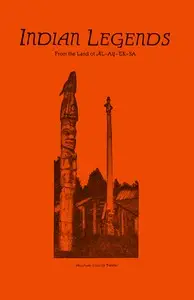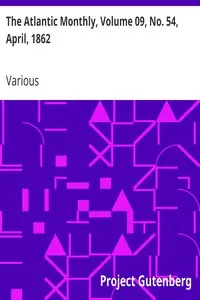"Sandra Belloni — Volume 5" by George Meredith is a novel likely written in the late 19th century. The story centers around the complex emotional entanglements of several characters, primarily focusing on Wilfrid and Emilia, and the intersecting relationships that arise as they navigate issues of love, jealousy, and societal expectations. The narrative introduces us to themes of devotion, betrayal, and personal ambition, illustrating the struggles of the characters amidst their shifting fortunes. The opening of the book sets the stage for rich character dynamics and tension. Lady Charlotte arrives too late to intervene on behalf of Wilfrid, who is entangled in a web of emotions that includes a letter of love and longing towards Emilia. This sparks both jealousy and desire in Lady Charlotte, as she grapples with her own feelings for Wilfrid. Meanwhile, Wilfrid, overwhelmed by the complications of familial expectations and his own ambitions, finds himself caught in both love and obligation. As various characters contemplate their relationships and seek to influence each other's paths, the groundwork for confusion and emotional strife is laid, promising a story filled with intrigue and depth. (This is an automatically generated summary.)

Sandra Belloni — Volume 5
By George Meredith
"Sandra Belloni — Volume 5" by George Meredith is a novel likely written in the late 19th century. The story centers around the complex emotional enta...
George Meredith was an English novelist and poet of the Victorian era. At first, his focus was poetry, influenced by John Keats among others, but Meredith gradually established a reputation as a novelist. The Ordeal of Richard Feverel (1859) briefly scandalised Victorian literary circles. Of his later novels, the most enduring is The Egoist (1879), though in his lifetime his greatest success was Diana of the Crossways (1885). His novels were innovative in their attention to characters' psychology, and also portrayed social change. His style, in both poetry and prose, was noted for its syntactic complexity; Oscar Wilde likened it to "chaos illumined by brilliant flashes of lightning". Meredith was an encourager of other novelists, as well as an influence on them; among those to benefit were Robert Louis Stevenson and George Gissing. Meredith was nominated for the Nobel Prize in Literature seven times.







